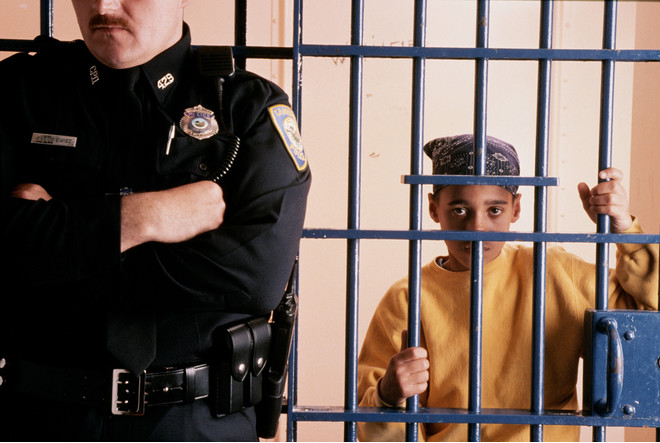When minors are convicted
The number of crimes committed annuallyteenagers, is steadily growing. Quite a few offenses are committed by children who are too young to be convicted under the law. Moreover, most offenses are related to murder, rape, causing grievous bodily harm and other serious crimes. The age at which criminal liability beginsresponsibility - 14 years. Photo: Getty It is believed that a person who is aware of the danger of his crime can bear criminal responsibility. The minimum age after which one can be convicted is 16 years. But in the case of committing particularly serious crimes, teenagers who have reached the age of 14 are brought to criminal responsibility. Before this age, the child's parents are responsible for the offenses committed. The only exception is the mental retardation of a teenager, confirmed by a psychiatric examination. The State Duma is considering a bill according to which children can be brought to criminal responsibility from the age of 12. After all, at this age, teenagers already realize the full gravity of their crimes, but commit unlawful acts, because they understand that they cannot be convicted.
The age at which criminal liability beginsresponsibility - 14 years. Photo: Getty It is believed that a person who is aware of the danger of his crime can bear criminal responsibility. The minimum age after which one can be convicted is 16 years. But in the case of committing particularly serious crimes, teenagers who have reached the age of 14 are brought to criminal responsibility. Before this age, the child's parents are responsible for the offenses committed. The only exception is the mental retardation of a teenager, confirmed by a psychiatric examination. The State Duma is considering a bill according to which children can be brought to criminal responsibility from the age of 12. After all, at this age, teenagers already realize the full gravity of their crimes, but commit unlawful acts, because they understand that they cannot be convicted.
For what offenses are minors convicted under the law?
The Criminal Code provides for 20 crimes for which a teenager can be sent to prison. Some of them are:
- murder;
- rape;
- causing grievous bodily harm;
- kidnapping;
- robbery;
- robbery;
- terrorism and hostage taking;
- extortion;
- vehicle theft;
- theft.
But teenagers should understand that attracting themmay even be for hooliganism if it entailed serious consequences. And a fight with a classmate will end in a trial and a term in a penal colony. The first crime does not always lead to a deserved punishment. After all, judges and prosecutors seek to replace a criminal term with house arrest and registration. This approach is due to the fact that no one wants to ruin a child's life. But as a rule, a juvenile offender who escaped punishment for the first time feels impunity and commits crimes again. Therefore, age is not usually considered a mitigating circumstance. And in order to avoid problems with the law, parents should explain to children the difference between pranks and crimes.









